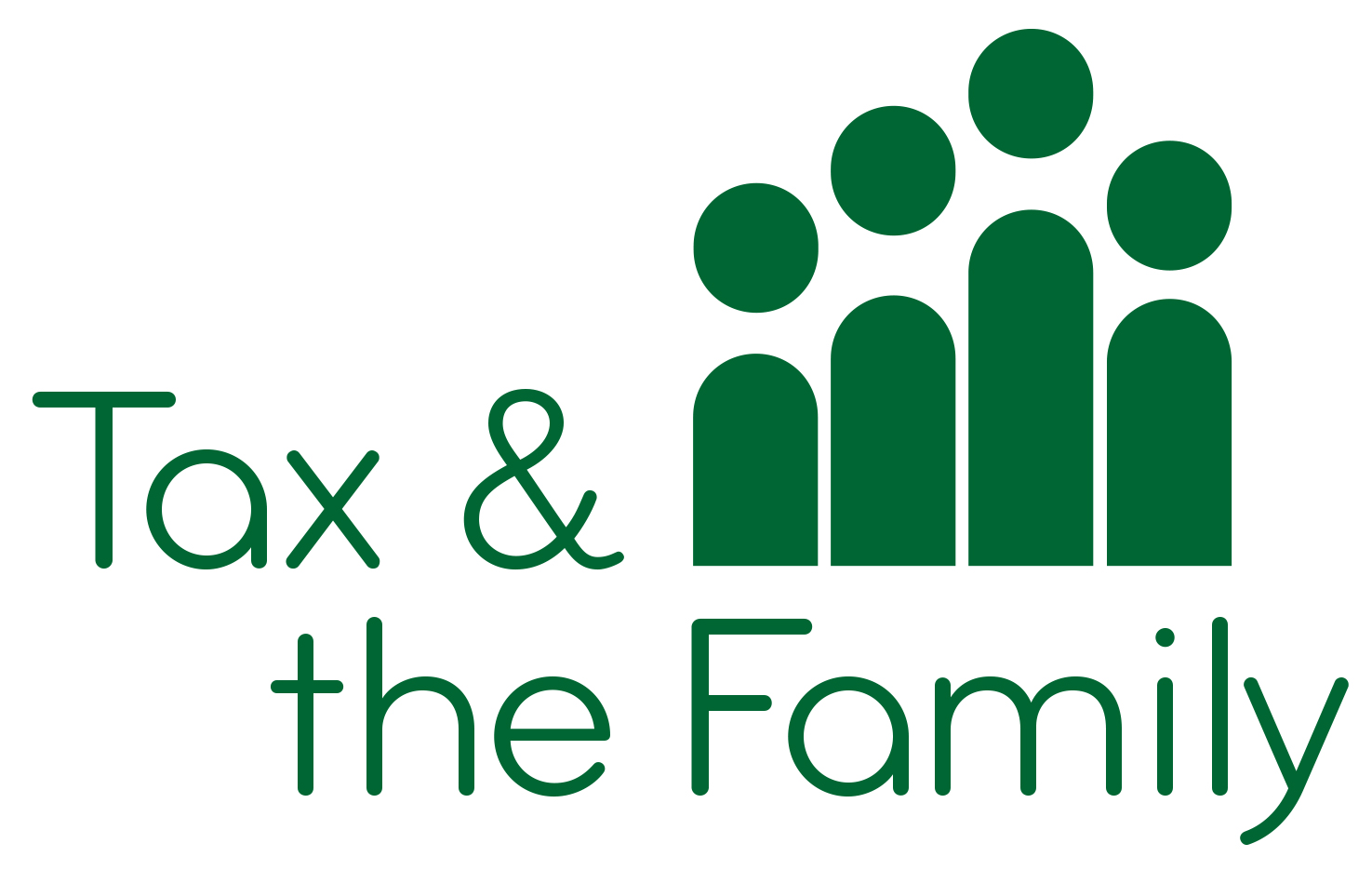Making Work Pay – Reducing The Number Of Families Facing High Effective Marginal Rates
For many families work does not pay or at least it pays very little! The Government takes back almost the whole of any new income the family earns. As a result some families have little control over their finances – it is almost impossible for them to escape poverty or repay a debt. It is difficult for them to escape poverty if they cannot do this by earning more. They are locked in by the tax and benefit system, which was designed to support them. This, some say, is modern day serfdom.
This paper examines this problem, explains how it has arisen, how many families are affected, and looks at two possible solutions.
The Problem
Households with children who pay tax and national insurance and are also are entitled to one or more of the income related benefits – principally, tax credits, housing benefit, the new universal credit and council tax benefit – have very high effective marginal tax rates – higher than those faced by most taxpayers with high individual incomes. For some these marginal rates will come down but remain high when they are switched to universal credit: for others they will increase.
